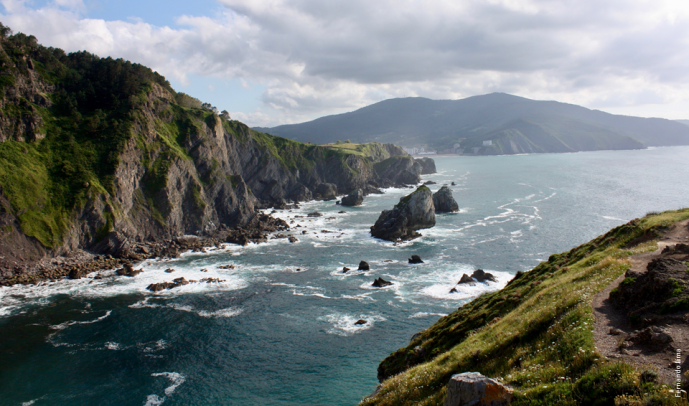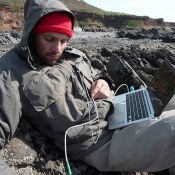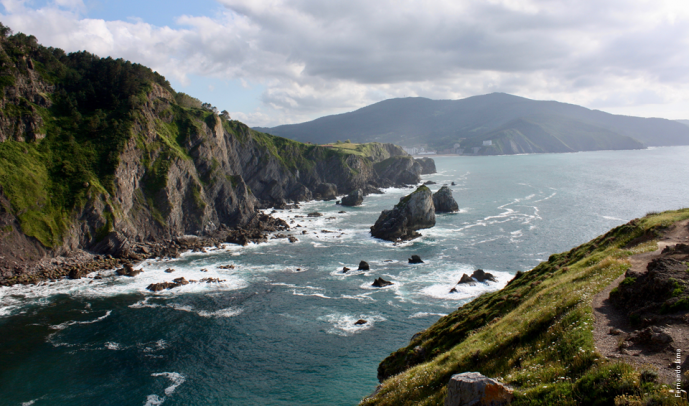ThermalBuffer – The buffering effects of upwelling and geomorphology on coastal warming
ThermalBuffer will use novel methodologies to characterise environmental variability at scales relevant to organisms. It will explicitly analyse factors like upwelling, geomorphology, and coastal shape, which are independent of climate change, and mostly stationary. While dynamic drivers such as weather set the available energy, static drivers locally ameliorate or exacerbate thermal conditions, controlling the establishment thermal refugia. The interplay between these two types of drivers is probably responsible for the complex stress patterns found across the European Atlantic rocky coast. Thermal refugia may allow species to extend their distribution to areas otherwise uninhabitable, and may act as thermal buffers, overriding the long-term warming trend. Our mechanistic approach will yield robust forecasts of the effects of climate change on continental and centennial scales. Given its strong technological component, this project will foster innovation and socio-economic development.
António Emilio Ferrand de Almeida Múrias dos Santos
Luís Pereira (BioDiv 2019, Portugal), Francisco Arenas Parra (CIIMAR, UP, Portugal), João Marco Martins (INL, Braga, Portugal), David S Wethey (University of South Carolina, USA), Michael Burrows (Scottish Association for Marine Science, UK)





